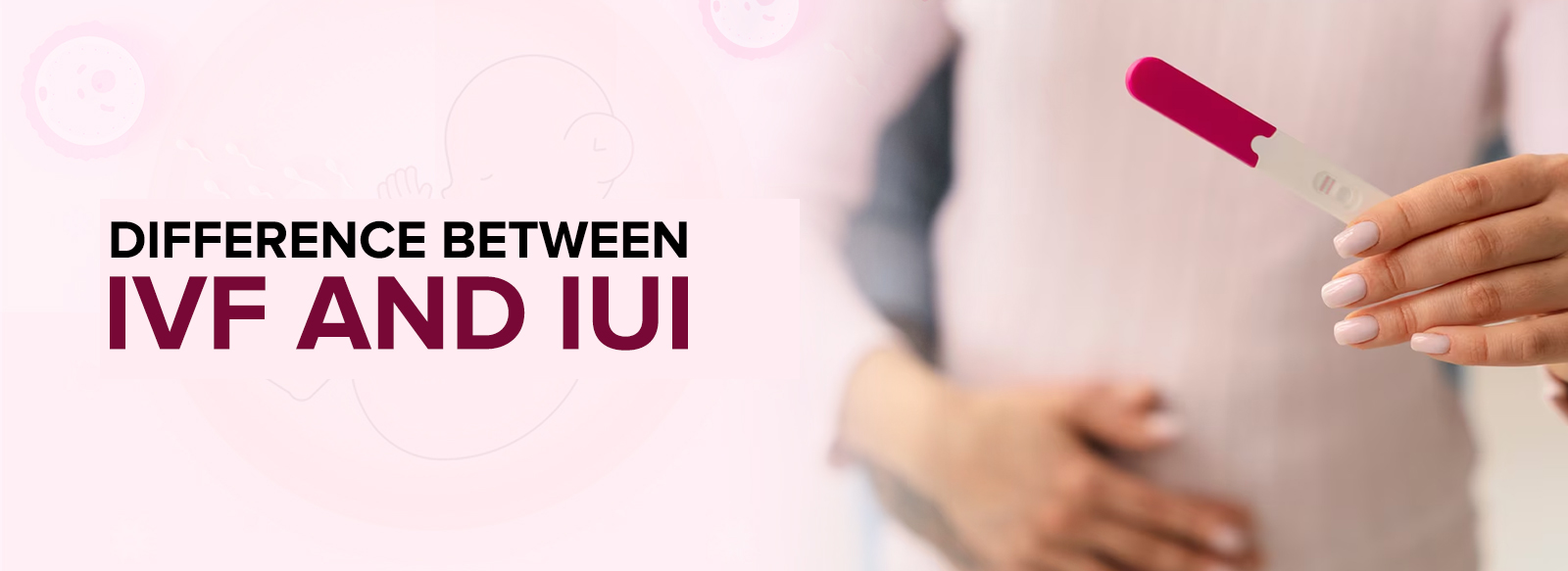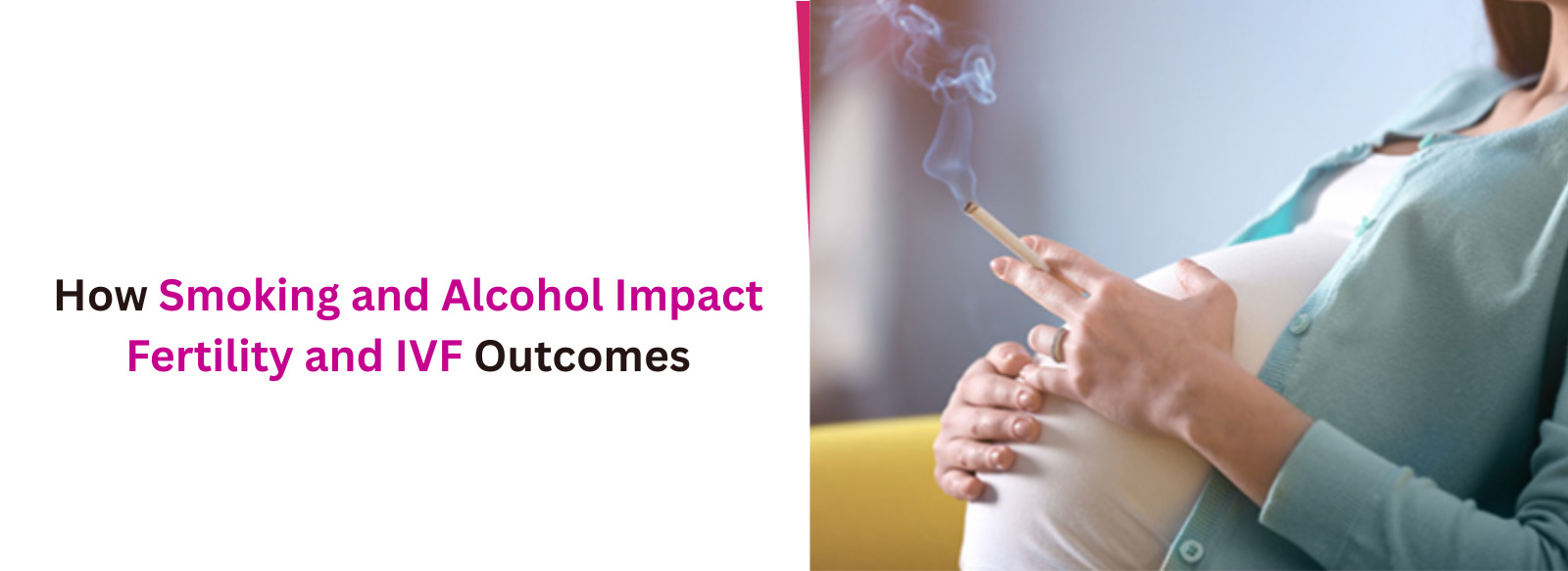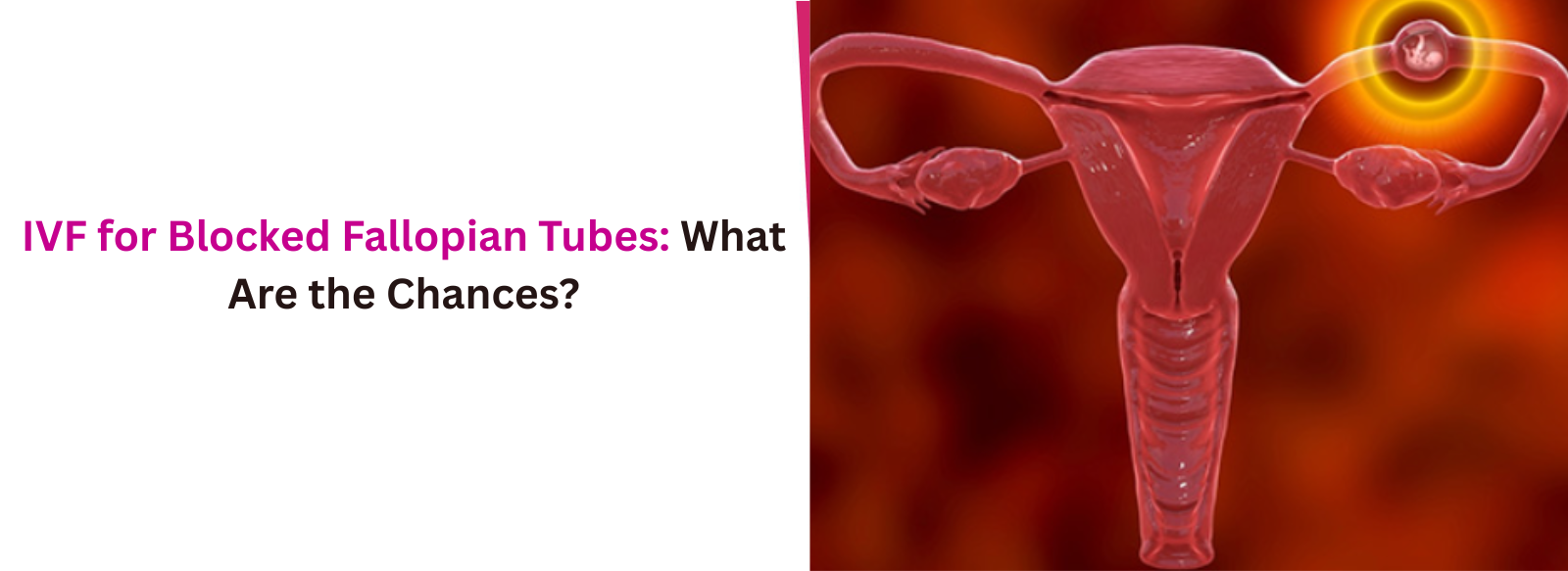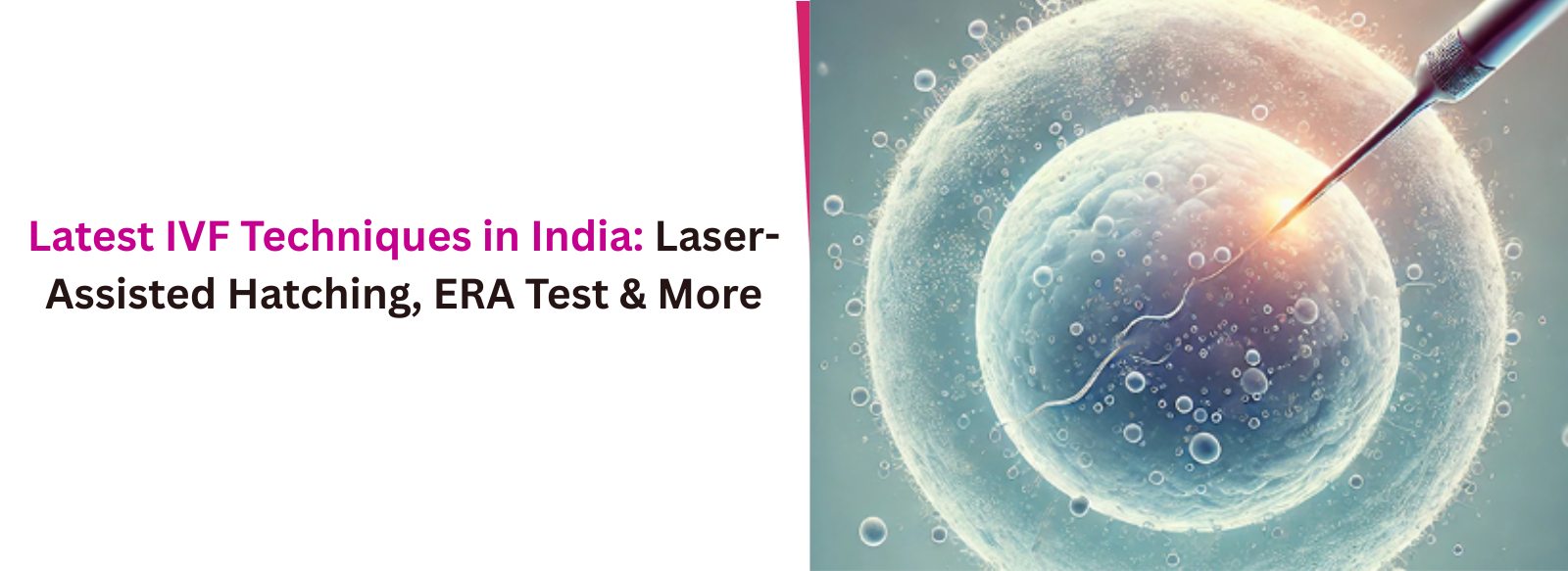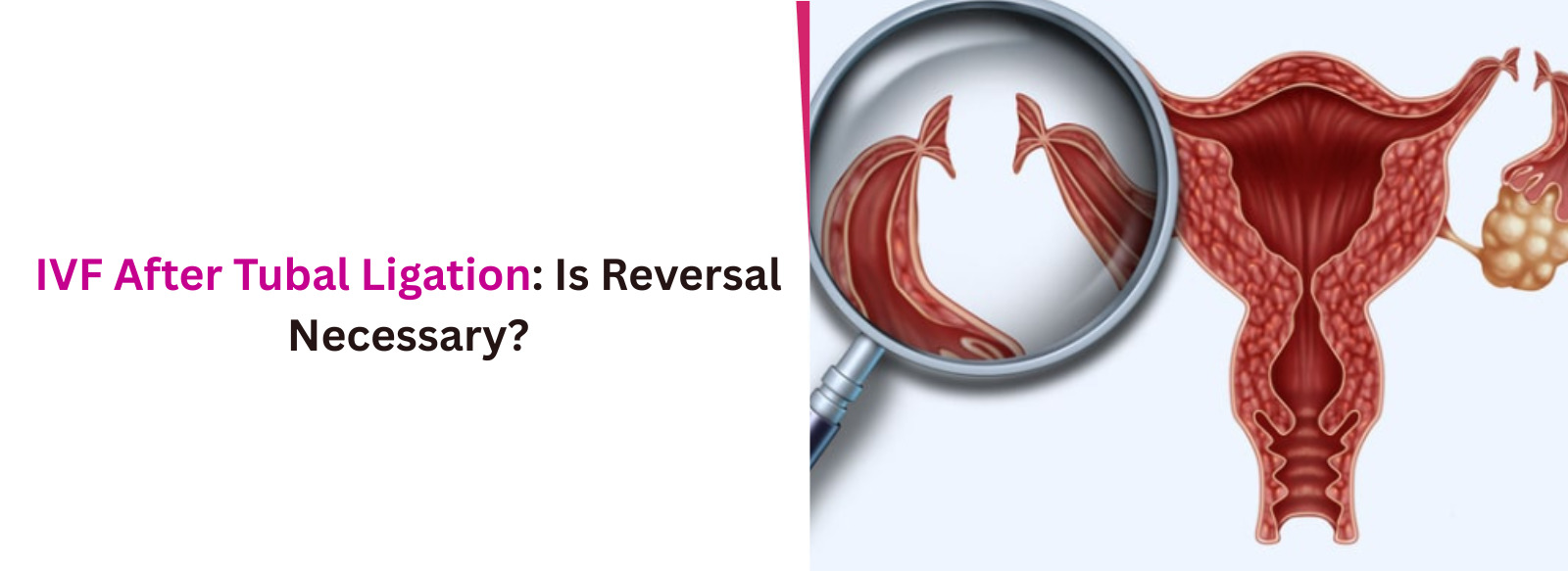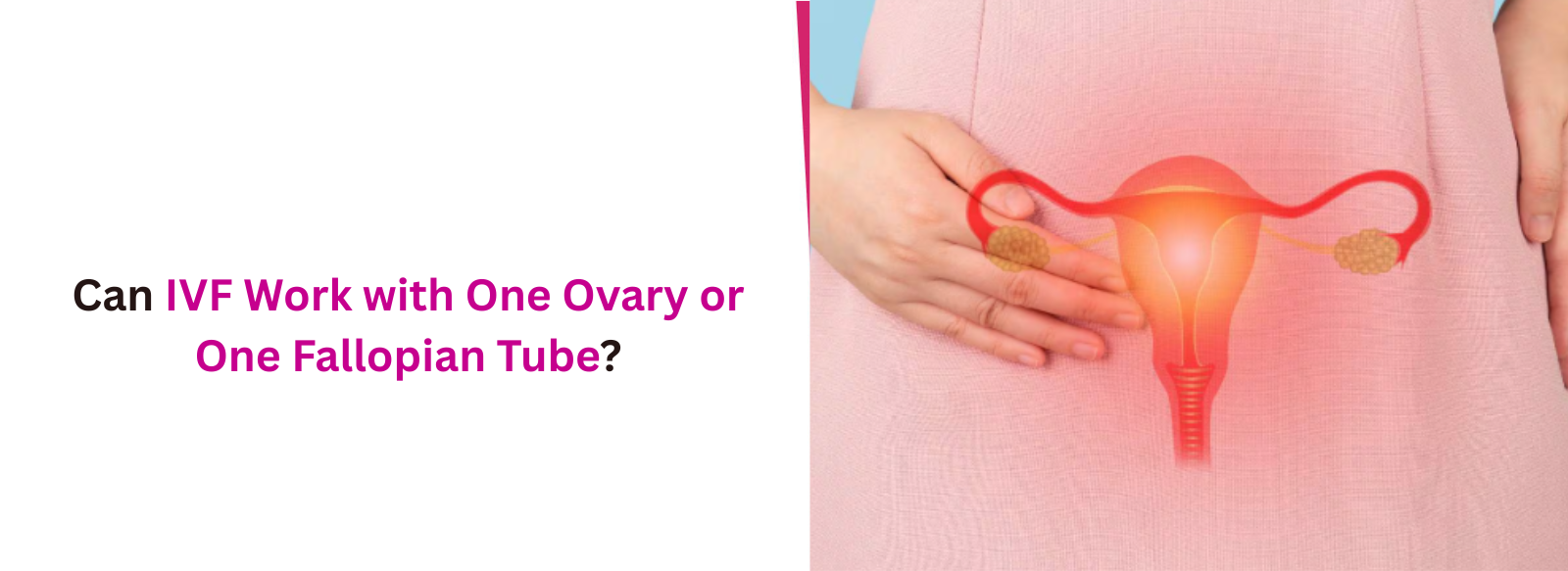What is IUI (Intrauterine Insemination)?
Intrauterine insemination (IUI), also known as artificial insemination, is a fertility treatment where sperm is placed directly into the uterus to enhance the chances of fertilization. The process begins with collecting a semen sample and washing it in a lab to separate the sperm from the seminal fluid. This washing process concentrates the sperm and removes any potentially harmful substances. The concentrated sperm sample is then inserted directly into the uterus using a thin catheter, bypassing the cervix and reducing the distance the sperm needs to travel to reach the egg.Who Can Benefit from IUI?
- Ovulation Issues: Women who have irregular or absent ovulation can benefit from IUI, especially when combined with ovulation-inducing medication. This helps time the insemination with ovulation, increasing the chances of conception.
- Mild Male Factor Infertility: Couples where the male partner has minor abnormalities in sperm count, motility, or morphology can benefit from IUI. The procedure places a higher concentration of motile sperm closer to the egg, improving the chances of fertilization.
- Donor Sperm Use: Couples using donor sperm, including same-sex female couples or single women, can use IUI to facilitate conception.
What is IVF (In-vitro Fertilization)?
In vitro fertilization (IVF) is a complex fertility treatment that involves fertilizing an egg with sperm outside the body in a laboratory. The fertilized egg, or embryo, is then transferred into the uterus to establish a pregnancy. During the IVF process, the woman undergoes hormone injections to stimulate her ovaries, encouraging the production of multiple eggs. Once the eggs are deemed mature, they are retrieved from the ovaries using a minor surgical procedure under sedation. These retrieved eggs are then combined with sperm in a laboratory dish, either through traditional insemination or by directly injecting a single sperm into an egg using intracytoplasmic sperm injection (ICSI). After fertilization, the resulting embryos are carefully monitored, and a few days later, one or more of the embryos are transferred into the woman's uterus, aiming for successful implantation and pregnancy.Who Might Benefit from IVF?
- Severe Male Infertility: Couples where the male partner has severe sperm abnormalities or low sperm count may benefit from IVF with ICSI, which can overcome many male fertility issues.
- Blocked Fallopian Tubes: Women with blocked or damaged fallopian tubes, which prevent the egg from meeting the sperm naturally, can benefit from IVF.
- Failed IUI Attempts: Couples who have not had success with intrauterine insemination (IUI) may consider IVF as the next step in their fertility journey.
- Genetic Disorders: Couples with a history of genetic disorders may benefit from IVF with preimplantation genetic testing (PGT), which allows for the selection of embryos free of certain genetic conditions.
Differences Between IUI and IVF:
Differences between IUI and IVF can significantly impact a couple's decision-making process when exploring fertility treatments. Here's a comparison of key aspects to consider:| Aspect | IUI | IVF |
| Fertilization Location | Internal | External |
| Procedure Complexity | Less complex, involves sperm insertion | More complex, involves hormone stimulation, egg retrieval, fertilization in a lab, and embryo transfer |
| Success Rates | Generally, 15% to 25% per cycle | Generally, 40% to 60% per cycle |
| Number of Attempts | Typically, 3-4 rounds before considering IVF | If unsuccessful after 3-4 rounds of IUI, IVF may be considered |
| Average Cost | Rs 10,000 and Rs 50,000 | Rs 90,000 to Rs 1,50,000 |
Similarities Between IVF and IUI:
Similarities between IUI and IVF underscore their shared goal of aiding conception, albeit through different methods.- Both treatments often begin with a course of fertility drugs to stimulate ovulation and enhance the chances of successful fertilization.
- Both involve processes to isolate the highest quality sperm for fertilization, ensuring the best possible chance of success.
- End goal of both treatments is the fertilization of an egg and its subsequent implantation in the uterus, leading to a successful pregnancy.

